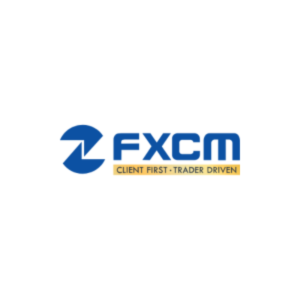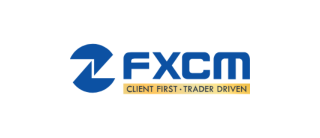Forex trading, or foreign exchange trading, has become increasingly popular as a way to potentially earn profits by speculating on currency fluctuations. However, one common question among beginners and even seasoned traders is whether Forex trading is legal in their respective countries. The answer can vary significantly depending on where you live.
\nUnderstanding the Basics of Forex
Before diving into the legality aspect, it's important to understand what Forex trading entails. It involves buying and selling currencies with the aim of profiting from changes in exchange rates. Unlike stocks or commodities, Forex operates globally, with major financial centers operating around the clock. This global nature makes it essential to be aware of local laws and regulations that may apply to Forex trading activities.
Regional Variations in Forex Legality
Different countries have different approaches when it comes to regulating Forex. Some nations have strict oversight and require brokers to be licensed under their financial authorities, while others may have more relaxed rules or outright bans. For example, some jurisdictions may only allow regulated brokers to operate within their borders, ensuring they adhere to anti-money laundering laws and provide transparency to clients. In contrast, unregulated markets might pose higher risks for traders due to lack of protection against fraud or unethical practices.
Why Regulation Matters
Regulation plays a crucial role in maintaining trust within the Forex market. A well-regulated environment ensures that brokers follow ethical practices, safeguard client funds, and offer fair trading conditions. Traders should always check if their chosen broker holds valid licenses from recognized regulatory bodies such as CySEC (Cyprus Securities and Exchange Commission) or FCA (Financial Conduct Authority). These organizations monitor compliance with standards related to customer protection, risk management, and operational integrity.
Risks Associated With Unregulated Platforms
Operating on unregulated platforms can expose traders to various risks including fraudulent schemes, poor execution quality, and lack of recourse if something goes wrong. It’s advisable for individuals interested in Forex trading to thoroughly research potential brokers before depositing any money. Reputable sources like government websites or independent review sites can help verify whether a particular brokerage firm complies with necessary regulations.
How to Ensure Compliance When Trading Forex
To ensure you’re engaging in legitimate Forex trading activities, start by verifying the credentials of your broker. Look out for clear terms regarding deposits/withdrawals, leverage limits, and dispute resolution procedures. Additionally, stay informed about any recent updates concerning legislation affecting Forex markets in your area. By staying vigilant and adhering to official guidelines, you increase your chances of having a positive experience while participating in this dynamic field.















